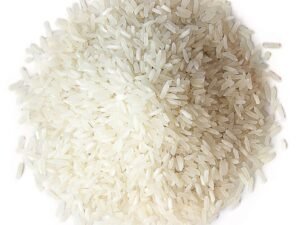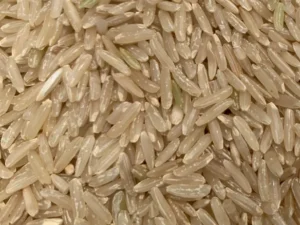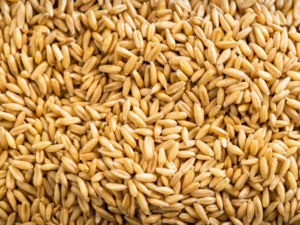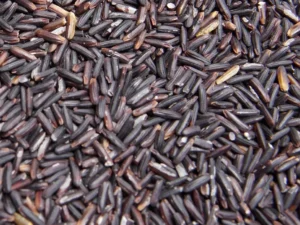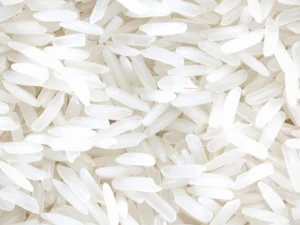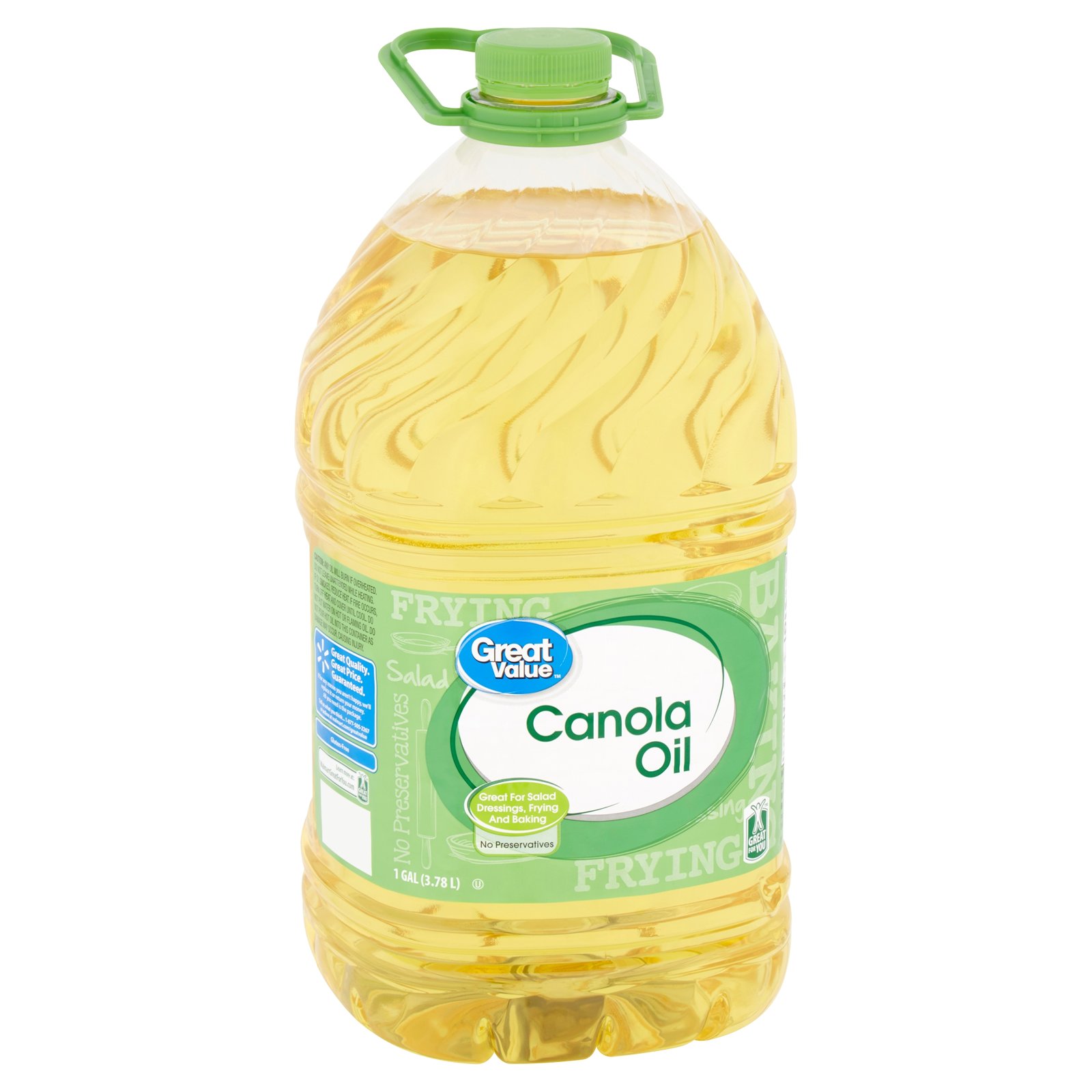The Comprehensive Guide to Canola Oil: Benefits, Uses, and More
Canola oil, derived from the seeds of the canola plant, has gained recognition as one of the healthiest cooking oils available today. With its origins rooted in Canada, this oil is not only versatile but also boasts a low saturated fat content and no trans fats. This article will delve into the many facets of canola oil, from its nutritional benefits to its culinary applications and production processes.
Understanding Canola Oil
What is Canola Oil?
Canola oil is extracted from the seeds of the canola plant, which belongs to the Brassica family, similar to mustard and rapeseed. The seeds are small, dark, and rich in oil, making them an ideal source for this popular cooking oil. Canola oil is celebrated for its light flavor and high smoke point, making it suitable for various cooking methods, including frying, baking, and sautéing.
Nutritional Profile
One of the standout features of these oil is its impressive nutritional profile. It is predominantly made up of unsaturated fats, which are known to be beneficial for heart health. Specifically, canola oil contains:
- Monounsaturated fats: These fats can help lower bad cholesterol levels (LDL) and are associated with a reduced risk of heart disease.
- Omega-3 fatty acids: Canola oil is one of the few cooking oils that provide a plant-based source of alpha-linolenic acid (ALA), an essential omega-3 fatty acid that supports cardiovascular health.
- Low saturated fat: With only 7% saturated fat content, canola oil is one of the lowest among common cooking oils.
The Health Benefits of Canola
Heart Health
Numerous studies have shown that incorporating canola oil into your diet can lead to improved heart health. The oil’s high levels of unsaturated fats contribute to lowering LDL cholesterol while increasing high-density lipoprotein (HDL) cholesterol, often referred to as “good” cholesterol.
Anti-Inflammatory Properties
Canola oil contains various antioxidants, which may help reduce inflammation in the body. Chronic inflammation is linked to numerous health issues, including heart disease, diabetes, and certain cancers. By replacing saturated fats with canola oil, individuals can potentially lower their risk of these conditions.
Weight Management
Research indicates that substituting saturated fats with unsaturated fats, such as those found in canola oil, can aid in weight management. This is particularly relevant for those looking to maintain a healthy weight or lose excess body fat.
Culinary Uses of Canola Oil
Versatile Cooking Oil
Canola oil’s neutral flavor profile makes it an excellent choice for a wide range of culinary applications. Whether you’re frying, baking, or sautéing, canola oil can complement the flavors of various dishes without overpowering them.
High Smoke Point
With a smoke point of approximately 468°F (242°C), canola is suitable for high-heat cooking methods like frying. This high smoke point ensures that the oil remains stable during cooking, reducing the risk of harmful compounds forming when the oil is heated.
Baking and Salad Dressings
Canola oil can also be used in baking to create moist, tender baked goods. Its light texture allows it to blend seamlessly into batters and doughs. Additionally, canola oil is an excellent base for salad dressings, providing a smooth consistency and enhancing the overall flavor of the dish.
The Production Process of Canola Oil
Harvesting and Extraction
The production of canola oil begins with the harvesting of canola seeds. Once harvested, the seeds undergo a crushing process to extract the oil. This can be done through various methods, including cold pressing and solvent extraction, with the latter being more common in commercial production.
Refining Process
After extraction, the oil is refined to remove impurities and enhance its shelf life. The refining process typically involves several steps, including degumming, neutralizing, bleaching, and deodorizing. The result is a clear, light oil that is ready for culinary use.
Environmental Considerations
Canola oil production is often associated with sustainable farming practices, particularly in Canada, where the majority of canola is grown. Many farmers employ crop rotation and reduced tillage techniques to maintain soil health and reduce environmental impact.
Canola Oil vs. Other Cooking Oils
Nutritional Comparison
When comparing canola oil to other common cooking oils, it stands out for its unique combination of health benefits. For instance, olive oil is rich in monounsaturated fats but lacks the plant-based omega-3 fatty acids found in canola oil. Conversely, coconut oil has a higher saturated fat content, which may not be as heart-healthy.
Cost-Effectiveness
In terms of pricing, canola oil is often more affordable than other specialty oils. This makes it an attractive option for both home cooks and commercial kitchens looking for a budget-friendly yet healthy cooking oil.
Flavor Profile
While olive oil and avocado oil have distinct flavors that can enhance certain dishes, canola oil’s neutral taste allows it to be used in a variety of recipes without altering the intended flavor profile.
Understanding Canola Oil Price
Market Trends
The price of canola oil can fluctuate based on various factors, including global supply and demand, crop yields, and market competition. In recent years, the demand for canola oil has increased due to its health benefits and versatility, leading to variations in pricing.
Buying Tips
When purchasing canola oil, consider looking for brands that offer organic or non-GMO options. These products may be slightly more expensive but can provide additional peace of mind regarding the quality and sourcing of the oil.
Storage and Shelf Life
Canola oil has a shelf life of about one year when stored in a cool, dark place. It’s essential to keep the oil away from heat and light to maintain its freshness and flavor.
Common Myths About Canola Oil
Myth 1: Canola Oil is Bad for Health
One prevalent misconception is that canola oil is unhealthy due to its origins from rapeseed. However, modern canola oil is specifically bred to contain low levels of erucic acid, which can be harmful in large amounts. The oil is considered safe for consumption and has been recognized for its health benefits.
Myth 2: All Canola Oil is Genetically Modified
While some canola oil varieties are genetically modified (GM), there are also non-GM options available. Consumers can choose based on their preferences, and both types of canola oil provide similar health benefits.
Myth 3: Canola Oil is Only for Cooking
In reality, canola oil has a wide range of applications beyond cooking. It is used in various industrial products, including biodiesel, lubricants, and cosmetics, showcasing its versatility as a commodity.
Incorporating Canola Oil into Your Diet
Cooking Tips
To reap the health benefits of canola oil, consider incorporating it into your daily cooking routine. Here are some practical tips:
- Use in Dressings: Create homemade salad dressings using canola oil as a base for a healthy alternative to store-bought options.
- Baking Substitute: Replace butter or margarine with canola oil in baking recipes for a healthier twist.
- Marinades and Sauces: Use canola oil to marinate meats or as a base for sauces to enhance flavor without adding unhealthy fats.
Recipe Ideas
To inspire your culinary creativity, here are a few recipe ideas that highlight canola oil:
- Stir-Fried Vegetables: Use canola oil for a quick and healthy stir-fry, allowing the vibrant colors and flavors of the vegetables to shine through.
- Moist Banana Bread: Substitute canola oil for butter in your favorite banana bread recipe for a moist, delicious treat.
- Homemade Vinaigrette: Combine canola oil, vinegar, mustard, and herbs for a simple and flavorful salad dressing.
SPECIFICATIONS REFINED CANOLA OIL:
PARAMETER CHEMICAL SPECIFICATIONS
Free Fatty Acid: 0.1 – 0.15% max
Peroxide Value: 1.0 – 2.0 meq/kg max
Color (Lovibond): 12.0 – 15.0 Yellow / 1.5 – 2.0 Red
Iodine Value (Wijs): 100 – 122
Moisture: 0.05 %max
AOM: 20 hrs min
Cold Test: 5.5 – 12 hrs min
Refractive Index @ 40oC: 1.460 – 1.467
Specific Gravity @ 25oC: 0.914 – 0.920
Saponification Value: 182 – 193
Smoke Point: 460 – 530oF
Flash Point: 610 – 640oF
Fire Point: 670 – 690oF
Conclusion
In summary, canola oil is a versatile and healthful cooking oil that deserves a place in every kitchen. With its numerous health benefits, culinary applications, and sustainability, it stands out as an excellent choice for both home cooks and professional chefs. By understanding the facts surrounding canola oil and incorporating it into your diet, you can enjoy delicious meals while promoting better health.

